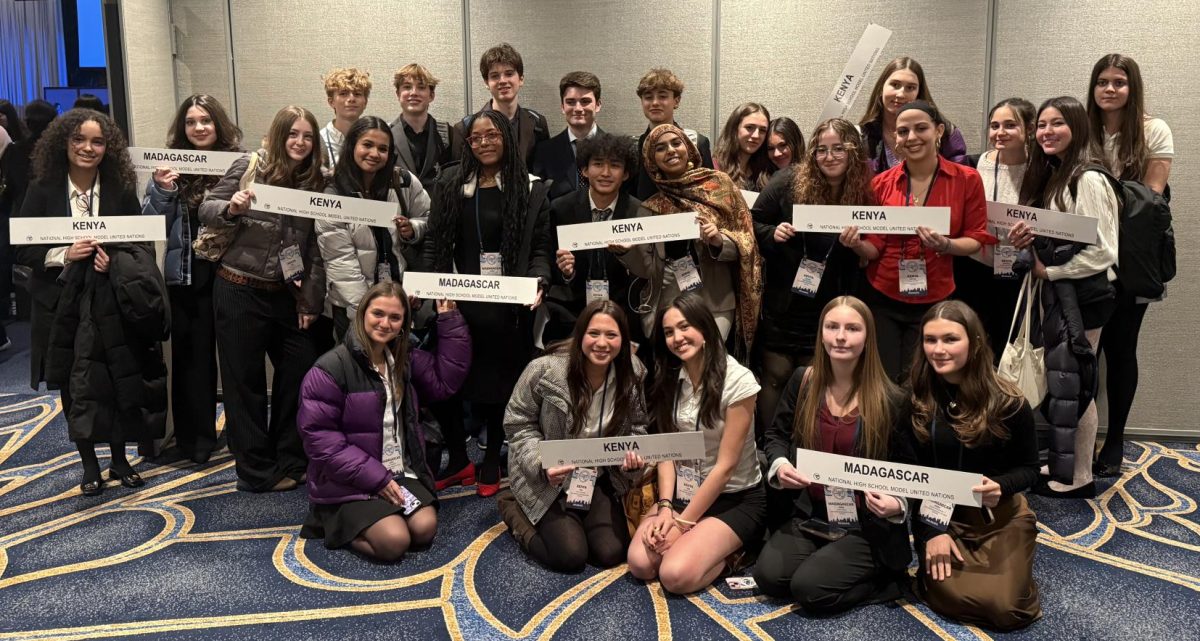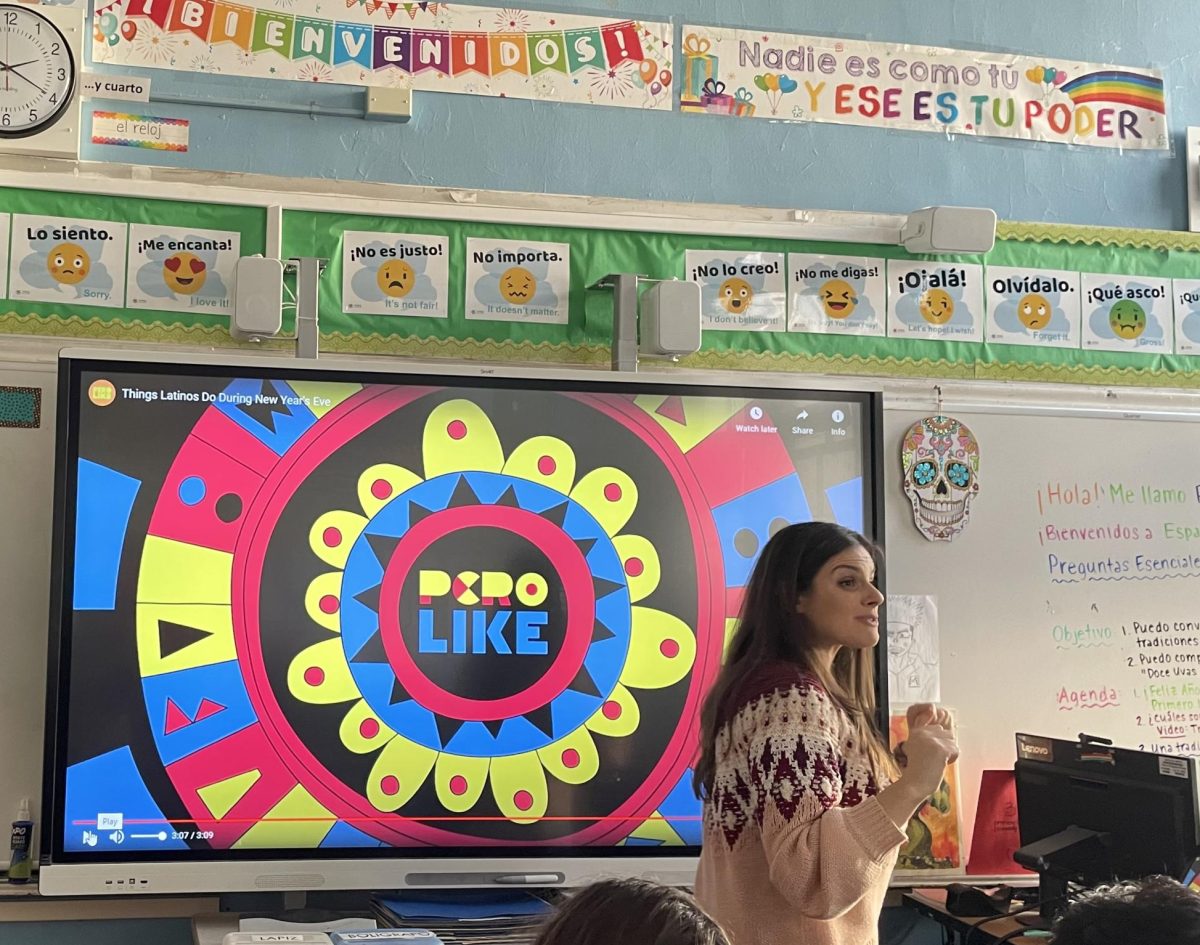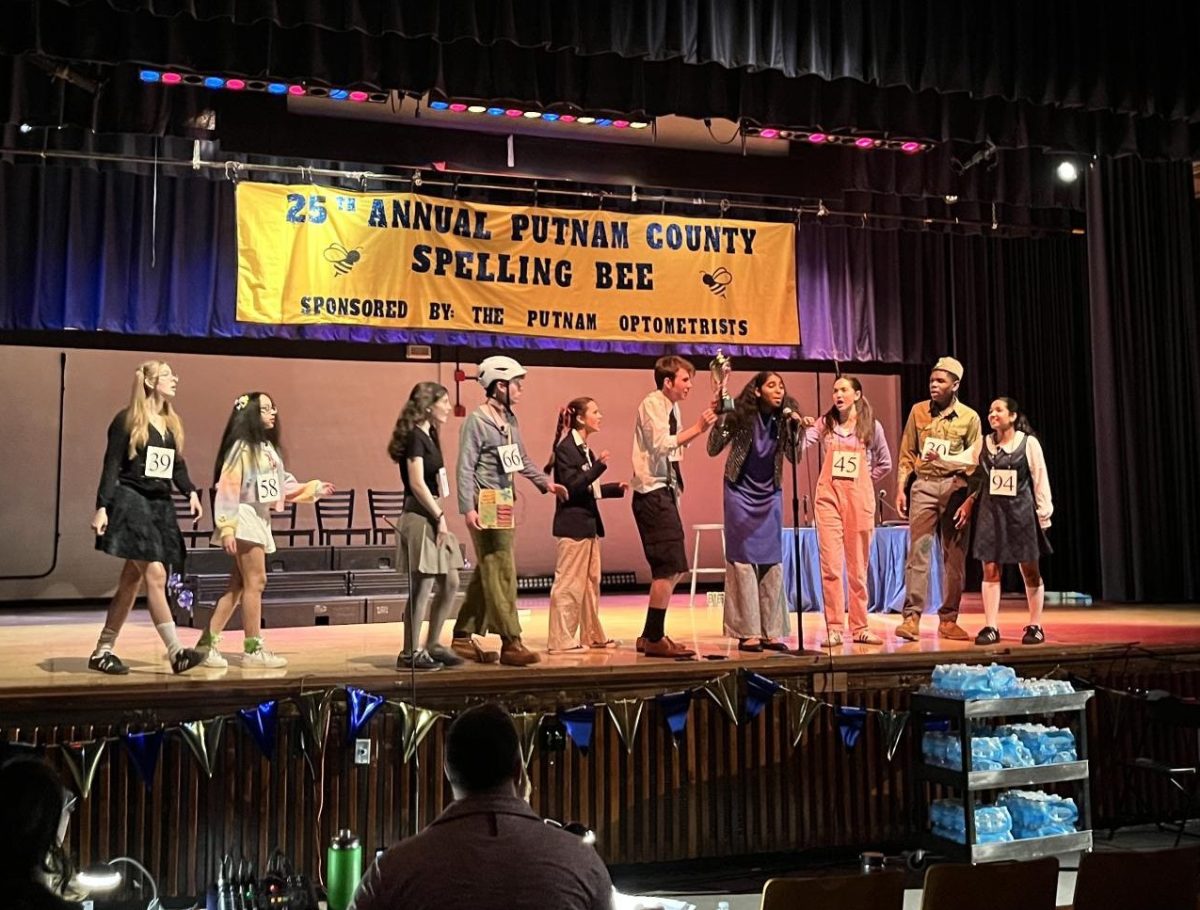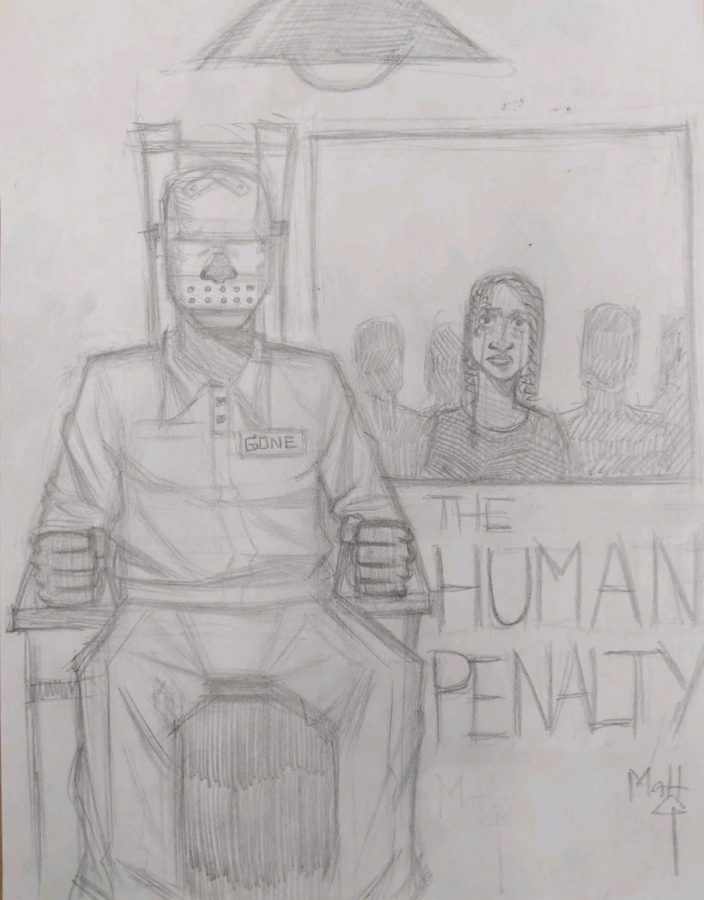Our Cruel and Unusual Punishment
June 27, 2022
In 2019, the face of death row inmate Rodney Reed appeared all over social media. Everyone, from activist Shaun King to reality T.V. star Kim Kardashian was advocating for his release. Reed had been on death row for 23 years after he was accused of killing Stacy Stites, with whom he was having a consensual affair. The trial was under new scrutiny for racial bias as the jury was made up of only white men while Reed, the defendant, is Black. Additionally, the court had refused to accept DNA testing as evidence during the trial and, as such, the murder weapon had never been tested. The prosecution had little to no physical evidence to prove that Reed had been involved in the crime. In recent years, Stites’ husband, who was the initial suspect for the murder and had landed in prison himself for kidnapping, confessed to the murder. But that confession had not reopened the case.
As his execution date crept nearer and nearer, the anti-capital punishment movement came together to rally for Reed’s cause. Petitions were signed, email campaigns waged by Equal Justice and the Innocence Project, and Rodney Reed’s execution was finally stayed with only hours to go. Reed was given a new hearing, and his case faded from the headlines. Last summer, Reed’s case officially opened back up, his defense team presented new evidence and it seemed like everything was going his way. But on November 1st, his judge recommended that the conviction stand, claiming that there was not enough evidence to prove Reed’s innocence. Reed is now looking to appeals court as his only chance of being saved from death row.
Sixty percent of the U.S population supports the death penalty. The idea of revenge, of an eye for an eye, is appealing to many people. So appealing that they overlook the small but significant percentage of death row inmates who are later proven innocent. It’s easy to want revenge, easy to see those who have committed terrible crimes as non-human. And the easiest way to forget how cruel humans can be is to kill them. It’s the easiest punishment to administer to people who commit an unspeakable crime like murder. So easy that the ethical problems inherent to capital punishment are often ignored. In reality, it’s not an easy solution at all.
In the waning days of 2019, Rodney Reed was hours away from death. Activists and advocates were fighting to keep him alive, but he was sitting in prison, waiting to be killed for something that, in all likelihood, he did not do. Is it right or just that Reed, anticipating that he was about to suffer the ultimate penalty, was delivered into purgatory of will-they-or-won’t-they with the state’s finger on the trigger?. Since then, Reed’s attorneys have been working tirelessly to appeal his case and free him from prison, for now he’s safe from execution, but his fate is in the hands of his lawyers, judges, and, hopefully, a jury.
The death penalty is often seen as the only fair retribution for crimes that are so horrendous that life imprisonment simply a sufficient punishment . But Reed’s case is a clear example of how broken this logic is. Why would our legal system allow an innocent man to be killed? According to the Innocence Project, since 1973, 186 people who been killed in accordance with the death penalty were found to be innocent and subsequently exonerated. 186 people waiting for years to be murdered by the state, only to be found innocent after it was too late. Rodney Reed has narrowly avoided this fate thus far but 186 have not. Some would argue that this is the price that we as a society are willing to pay to punish the worst criminals in the world, but the truth is that even if one innocent person is killed by the death penalty, then the policy has failed.
The second problem with the death penalty is the word “punishment.” The criminal justice system as a whole has become synonymous with that word, the idea that the only way to deal with people who commit crime is to harm them–even kill them. It’s understandable that victims and society at large will have an impulse to enact revenge on behalf of the victim and society as a whole. However it’s important to keep two things in mind: the first one is a basic tenet of our humanity, that we as humans deserve the right to life no matter who we are or what we have done. It’s unethical for the government to be able to determine who lives and who dies simply for the purpose of revenge; life is not a privilege and it should not be taken away for any reason. The death penalty does nothing for the victims of murder except leave one more person dead.
The other thing to consider is circumstance. People aren’t born evil. Most people convicted of murder did not make the conscious decision to become a murderer. The way someone was raised, a mental illness they might suffer from trauma they might have faced–these factors could all contribute to a person committing murder. This isn’t to say that individuals are not responsible for their actions or that they should be excused for committing such crimes. But every individual deserves for their circumstances to be considered.
The death penalty is currently legal in 28 states. Rodney Reed was given a second chance, but a lot of people haven’t been that lucky–and his outcome remains in limbo. Many have been killed by the state, some innocent, and some guilty, but they all had one thing in common: they were all people. The government should not have the power to end a life, and shouldn’t be empowered to kill anyone. How can we allow the government to have this control over us, how can we allow them to kill their own citizens?











